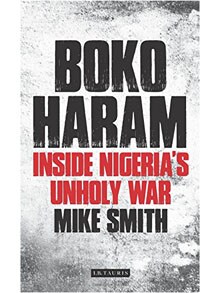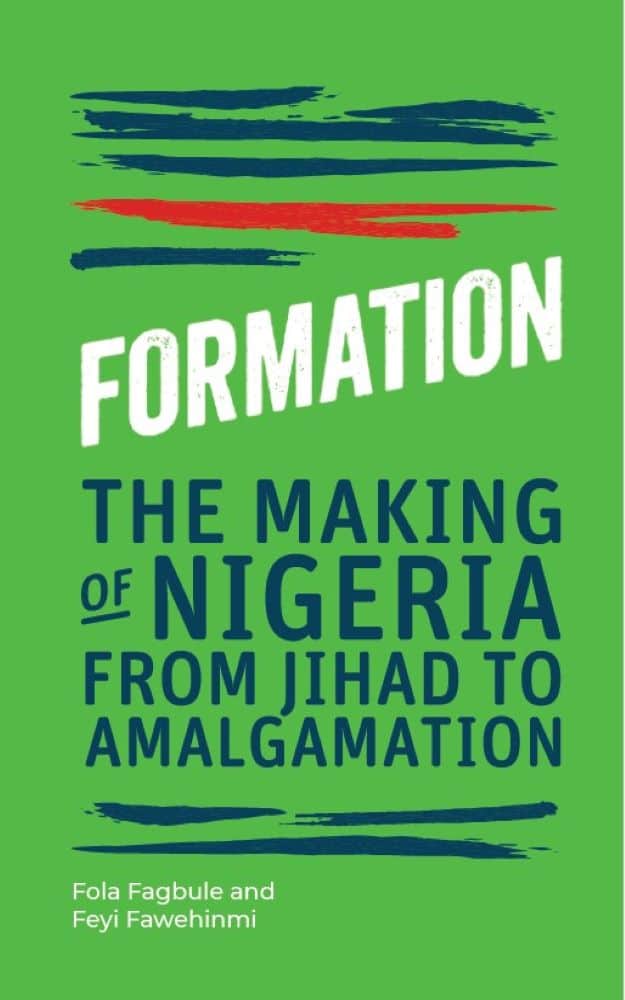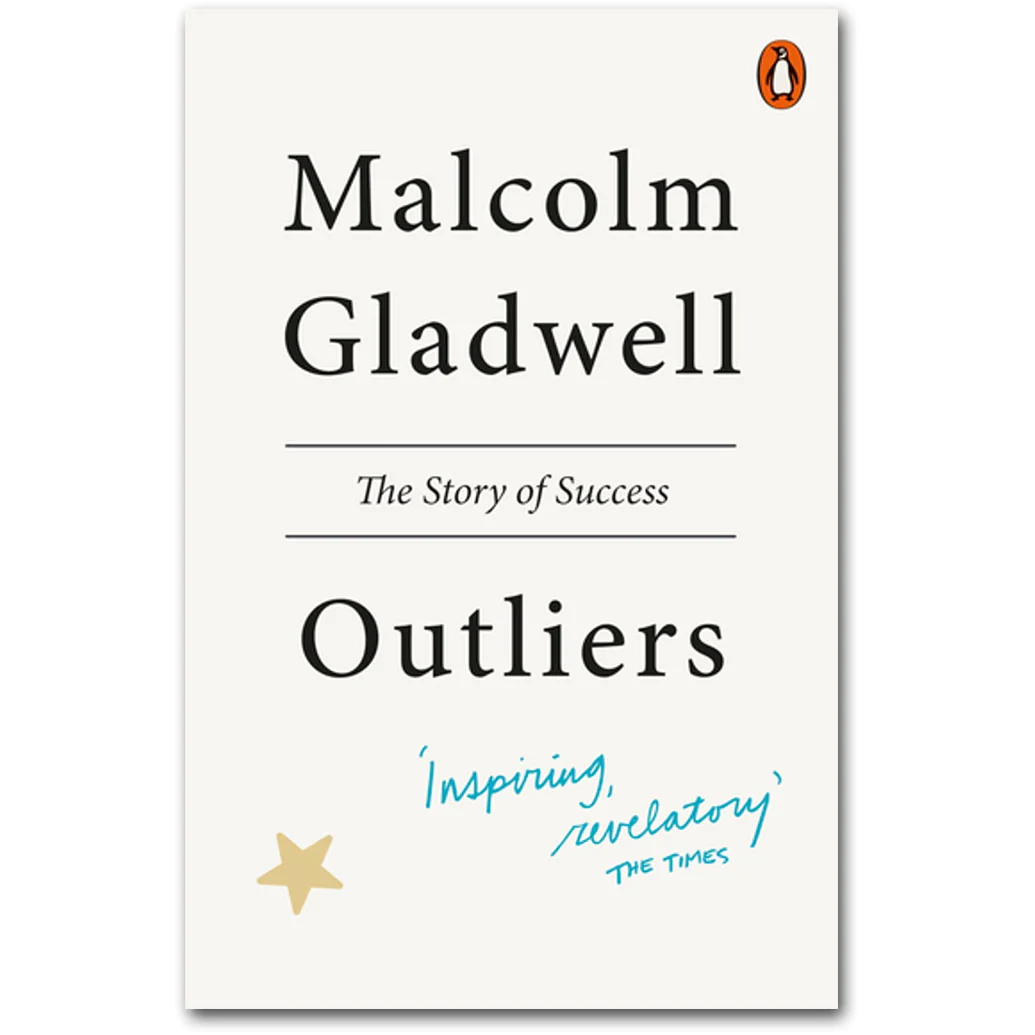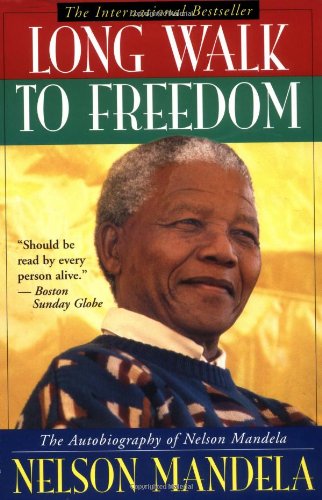Book Review by Abdulroshed Olalekan Fadipe
Boko Haram: Inside Nigeria’s Unholy War is a short but informative narrative of the origin of a Salafist sect, Jama’atu Alhus Sunna Lid Da’awati Jihad, [or People Committed to the Prophet’s Teachings for propagation and Jihad], popularly referred to by outsiders as “Boko Haram”, founded by a strict Islamic fundamentalist, Mohammad Yusuf, in 2002, and how it later transformed into a terror group after the death of its leader in 2009, and by 2013, became the “Al-Qaeda in West and Central Africa.”
This intriguing story is authored by Mike Smith, a foreign correspondent who has extensively covered the Boko Haram insurgency. He worked as a bureau chief for parts of West Africa for Agence France-Presse News Agency in Lagos from 2010 to 2013.
He revealed how Mohammed Yusuf, seeking fame, exploited the weak minds and poor living conditions of the “massive population” of desperate, undereducated, unemployed, and pauperized youths in his community to preach his radical religious ideas. One of the ideas is “the sentiments that Western education is prohibited and that women must not go to school— nobody should attend a formal institution based on Western education.” His preachings were, according to an eyewitness interviewed by Smith, “things people could identify with.” Yusuf was later shot dead by police after being captured in 2009.
The world, and most especially Nigerians living in the Southern part of the country, where the terror attacks have not reached, might have misconstrued the terrorists’ activities as a political gimmick used against the Nigerian government at the onset, but this misconception was invalidated when this group started masterminding a series of assassinations, bomb attacks, and kidnappings of local citizens and foreigners. The event that would spur global reaction occurred on the night of 14 April 2014— the abduction of 276 girls from a boarding school in Chibok, northeastern Nigeria.
Smith, equipped with a rich narrative style, historical facts, and evidence, also examined the role played by the Nigerian government, Nigerian military, political leaders, politicians, activists, humanitarian organizations, and global powers, especially the Western countries, whose citizens were victims of the terror.
The book portrayed, among many other things, the poor living conditions of Nigerian citizens, its inept and unscrupulous leadership, its inefficient and corrupt government institutions, its deep ethnic and religious divides, and its dysfunctional military.
The stories that made up this book were gathered from eyewitness accounts, extensive reading(of academic works and newspaper articles), interviews of government officials, political leaders, and military officers, extensive analysis of video surveillance footage of the attacks, Boko Haram leaders’ recorded sermons and speeches, and ‘four trips to Maiduguri and a number of the visits to various parts of Northern Nigeria, including Kano, Sokoto, Kaduna, and Zaria.
This book is a good read. I recommend it to academics, researchers, students, and lay readers—especially those whose knowledge of the subject matter is little.



